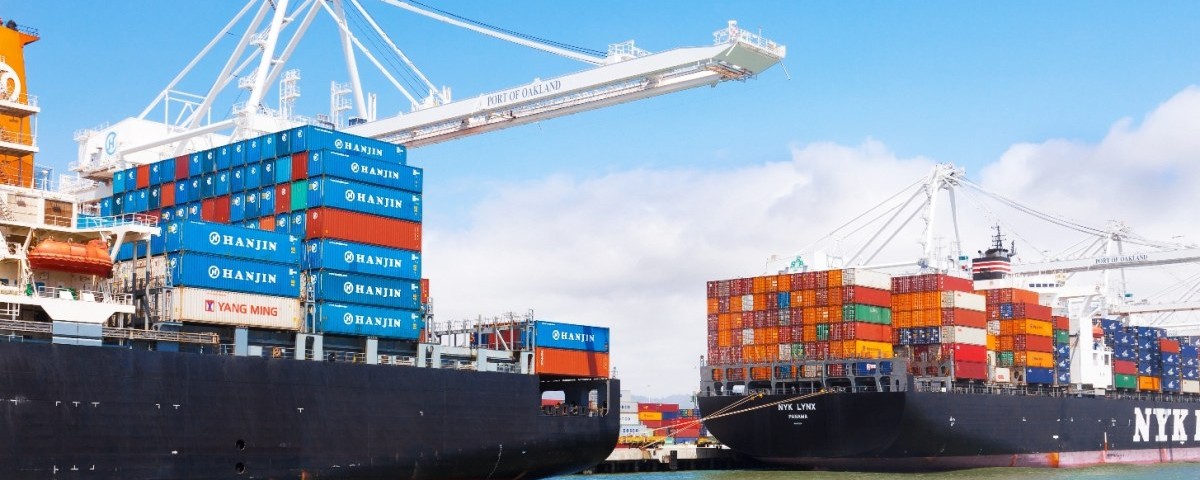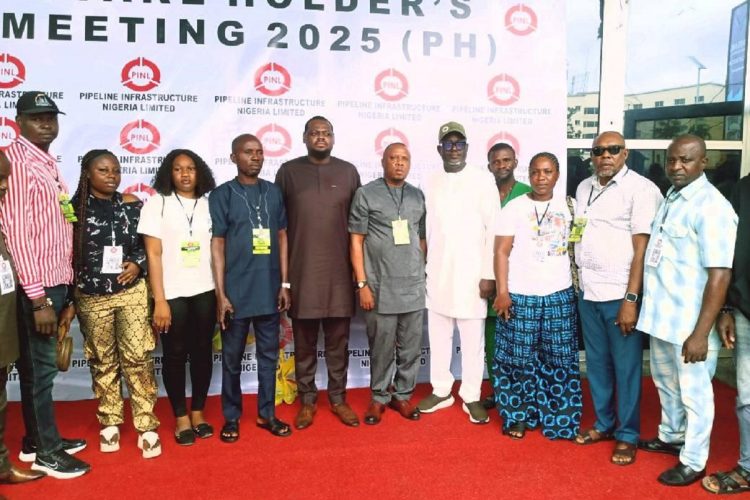
Nkasi Wodu: How Armed Militants in Nigeria’s South gain access to power and wealth
January 16, 2018
What does it mean “to serve Nigeria with all your strength?”
January 18, 2018
A major development capable of increasing the capacity of indigenous ship owners and other stakeholders in the maritime sector took root some days back at the NNPC Towers in Abuja. On Tuesday, stakeholders gathered to examine the Free On Board (FOB) trade term, which favors foreign ship owners in crude lifting and the Cost Insurance and Freight (CIF), which will enable indigenous ship owners to begin to lift Nigeria crude and ultimately boost indigenous capacity.
This forum was organized by Nigerian National Petroleum Corporation (NNPC) and the Nigerian Maritime Administration and Safety (NIMASA).
Minister of State for Petroleum Dr. Ibe Kachikwu, who declared the event open, noted that the issue of trade term is an age-long challenge that has lingered too far and charged participants to come out with resounding resolutions that would be of National benefit.
NIMASA Director-General Dr. Dakuku Peterside in his paper pointed out that the changing landscape of Nigeria’s maritime sector vis-à-vis its security architecture, capacity, and other determinants has necessitated the change now than ever before.
Dakuku stated further that the CIF if implemented, will “encourage indigenous fleet expansion, lead to massive job creation for qualified Nigerian seafarers, create opportunities for mandatory sea time experience for Nigerian cadets and build expertise and competence in international shipping trade”
According to him “Nigeria is one of the major exporters of oil and gas resource in the world, and she averages an output of 1.92 million barrels of crude oil per day so this volume generates huge freight for carriers. Regrettably, indigenous shipping operators have an insignificant share of the freight earned from the carriage of Nigeria’s crude compared to foreign counterparts”, he lamented.
OPEC nations such as Iran, Indonesia, Algeria, Kuwait, Angola, Venezuela, UAE and Libya allow indigenous operators to participate actively in shipment of the crude oil, stating that with the right policies in place Nigeria can build its own capacity and one of this is the change of terms of trade for Nigeria’s benefit.
The Group Managing Director of the NNPC, Maikanti Baru, stated that the corporation had no reason not to allow Nigerians lift crude that there were conditions which made NNPC opt for the FOB trade. He, however, noted that the NNPC also sees benefits in the CIF trade term but processes have to be followed which may include transition period before finally opting for the CIF trade term.
A lawyer and former NIMASA chief, Temisan Omatseye, who is also a ship owner, pointed out that there is a lot of benefit in the CIF trade term. He stated further that it would eliminate crude theft, create employment and ultimately compliment the diversification drive of the federal government.
The CIF initiative is an adjunct of the blue economy campaign of the current NIMASA leadership. Nigeria, with a coastline of about 853km and about 10,000km of Inland Waterways, 12 Nautical Miles of Territorial Waters, 200 Nautical Miles of Exclusive Economic Zone (EEZ), should have no business with poverty.
______
Have you read?
PBR Cowpea could generate N48 billion for Nigeria
Engr Jalal: Nigeria not ready for electric cars
Facebook Launches Nigeria Initiative
______
This is even more so as Nigeria imports over l50 million metric tons of non-oil cargo and approximate 1,500,000 units of containers a year. These figures are for the formal trade alone.
Total cargo throughput in 2015 stood at 195,969,200 metric tonnes showing a marginal increase of 0.8 percent over the 2014 figure of 194,484,142 metric tonnes.
The current aggregate of the cargo throughput exceeds $15,000,000,000 a year through formal import orders.
Nigeria has the biggest economy in Africa, the most populous nation in Africa and has more port complexes than any country in Africa, among others.
At the moment, our gain from the blue economy is still minimal. To aid the sector, NIMASA has commenced 24-hour port operations towards ensuring access to business services at all time. It is improving the development of critical infrastructure in the maritime sector, such as the construction of the largest floating dockyard in Africa. It is also establishing National Carriers and strengthening institutional framework through ratification and domestication of IMO/ILO Conventions.
It is also training over 2500 cadets. It plans to train more. NIMASA has also facilitated the draft of an anti-piracy Bill which is before the National Assembly. It has equally ensured the implementation of the International Ship and Port Facility (ISPS) Code with over 85% compliance level.
Along with this line, it is also collaborating with armed forces for improved intelligence, surveillance, and marine security. It maintains strategic partnerships with the Nigerian Navy, which led to the establishment of a Maritime Guard Command (MGC) in NIMASA to ensure compliance with extant maritime legislation, the Nigerian Airforce for the provision of Intelligence, Surveillance and Reconnaissance (ISR) operations, Search and Rescue (SAR) operations at sea, just as tactical airlift operations and enforcement action has given birth to anti-piracy, anti-smuggling, illegal bunkering and illegal fishing activities.
Part of the agency’s efforts to grow blue economy was to reduce its running cost and give the government more money. It shocked not a few last year when it emerged that it within one year and one month contributed N9.975 billion to the Consolidated Revenue Fund (CRF). Within this period, the agency has also paid $38,272,12.12 million (N21.805 billion) to the CRF.
As the fastest growing sector in the world with enormous business potentials, coupled with the length of the nation’s coastline and the attendant volume of maritime trade, Nigeria obviously stands at a good advantage to develop its blue economy provided stakeholders actively participate to reap the benefits of the sector. Here, we can draw lessons from the economies of Singapore, Ukraine, and South Korea which thrive on the activities of their maritime sector.
Culled from Nation
Image Credit: All Africa









